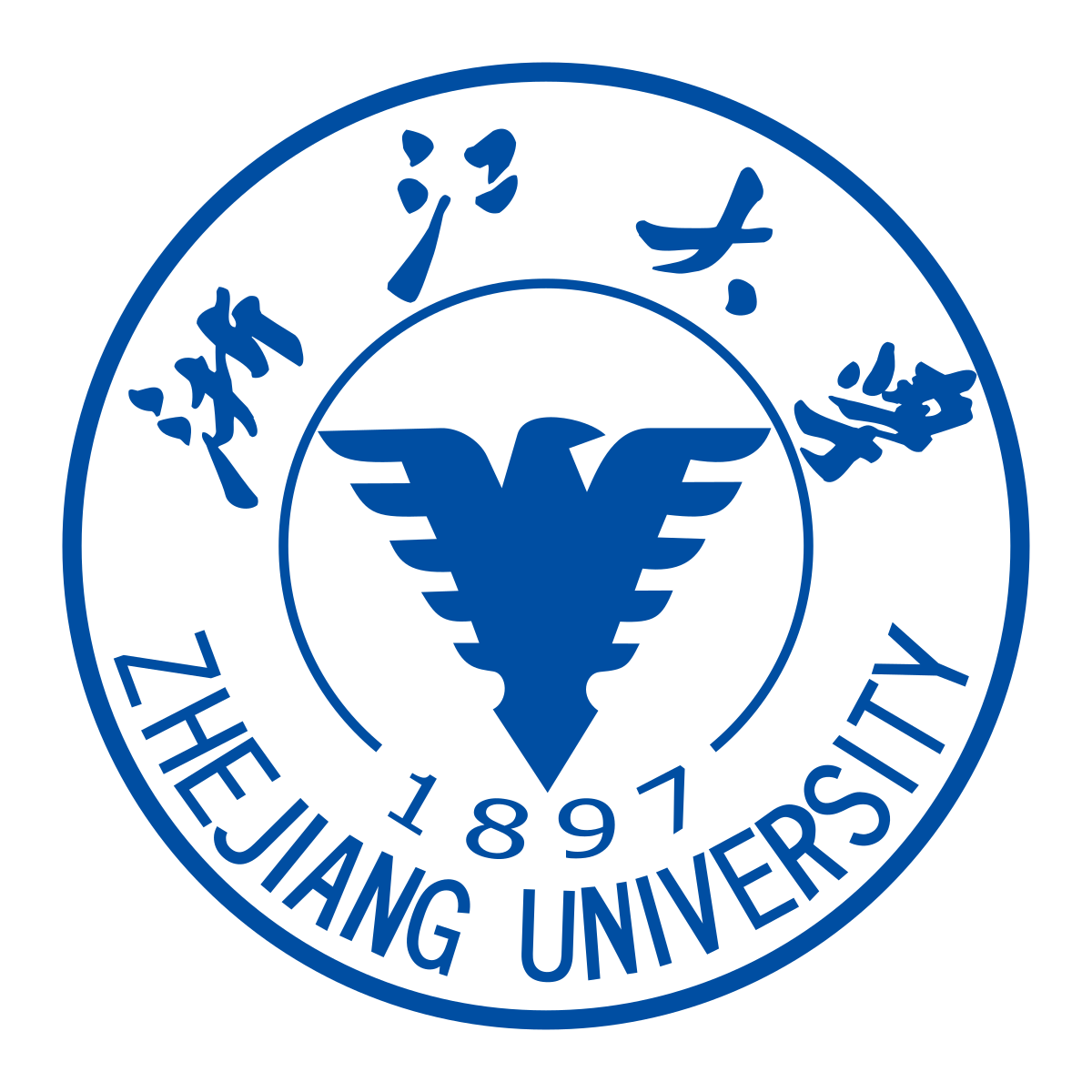Zhejiang University: ZJU scientists discover novel approach to robustly producing functional human pancreatic β cells for curing diabetes
Diabetes, a global chronic disease, affects millions of people worldwide. Islet transplantation holds immense promise as a cure for diabetes, but it is circumscribed by shortage of organ donors and immunosuppression issues. Differentiation of Human pluripotent stem cells (hPSCs) is regarded as an effective solution to cell-based therapy.
On February 23, Prof. ZHU Saiyong’s lab at the Zhejiang University Life Sciences Institute published an article entitled “Human expandable pancreatic progenitor-derived β cells ameliorate diabetes” in the journal Science Advances. In this study, ZHU Saiyong et al., for the first time, achieved the long-term goal of robust expansion of pancreatic progenitors (PPs).
In this study, the researchers differentiated hPSCs into PPs. Through chemical screening, the team discovered that I-BET151 could significantly boost the expansion of PDX1+NKX6.1+ PPs. They established an effective approach to producing expendable PPs (ePPs). In this way, ePPs could be stably frozen and recovered, thereby achieving their long-term and stable robust expansion. During the culturing process, these ePPs maintained the characteristics of progenitors, stable karyotypes and self-renewal abilities. Notably, these PPs could be efficiently differentiated into functional ePP-β cells and islet-like organoids. Transplantation of ePP-β cells rapidly ameliorated diabetes in mice, suggesting enormous potential for cell replacement therapy. Mechanistically, I-BET151 could activate Notch signaling and promote the expression of key PP-associated genes, underscoring the importance of epigenetic and transcriptional modulations for lineage-specific progenitor self-renewal.
“This study represents a notable step toward providing unlimited functional human pancreatic β cells and islets that are of considerable interest for biomedical research and regenerative medicine,” said Prof. Zhu.

